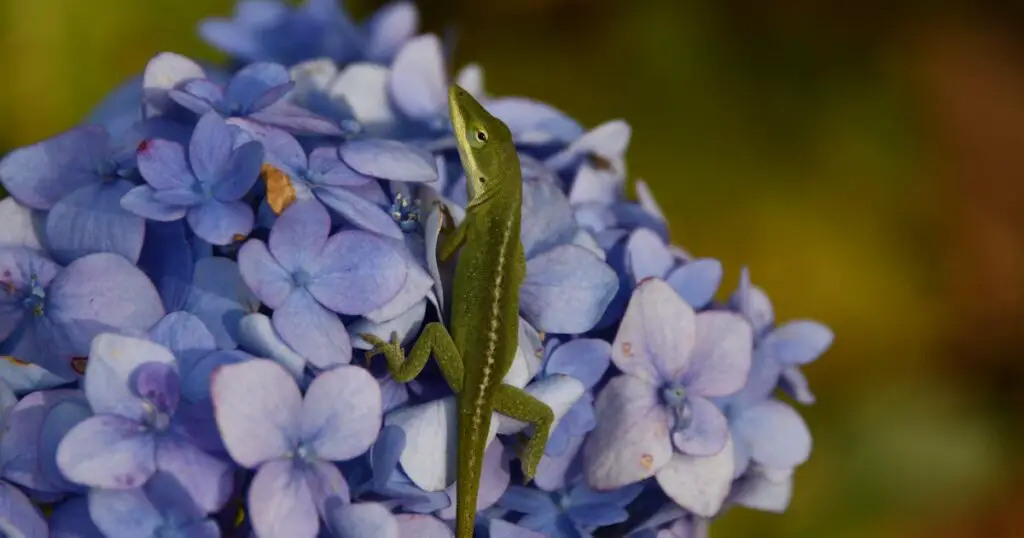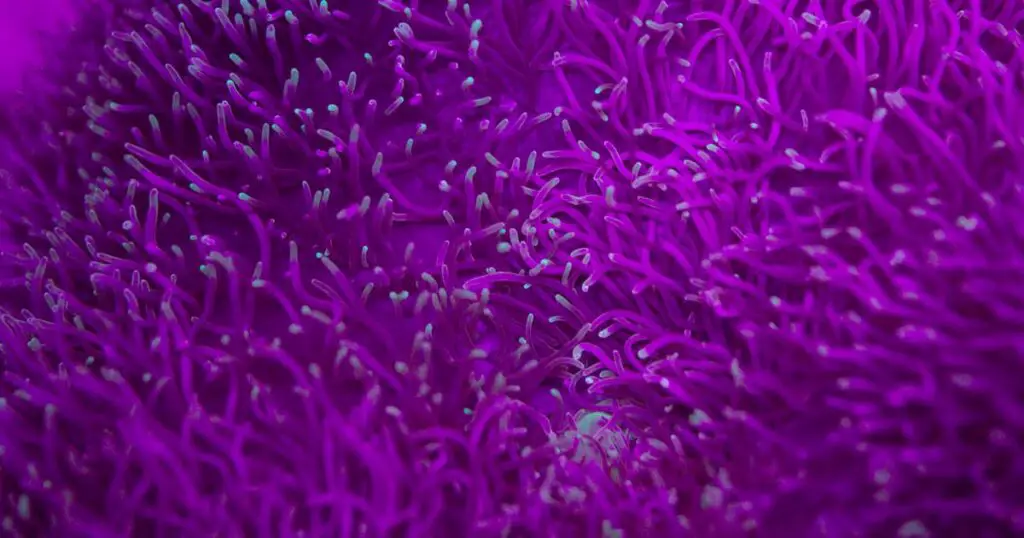Welcome to our community discussion about reef-safe sunscreen! As local residents, we understand the importance of protecting our beautiful ocean and its delicate ecosystem. In recent years, there has been growing concern over the harmful effects of traditional sunscreens on coral reefs.
With this in mind, many individuals have turned to reef-safe alternatives, such as Blue Lizard sunscreen. In this article, we will take a closer look at Blue Lizard and its ingredients to determine if it is truly reef-safe.

What is Reef-Safe Sunscreen?
Reef-safe sunscreen refers to products that do not contain certain chemicals that have been found to harm coral reefs and marine life. These chemicals include oxybenzone, octinoxate, and octocrylene, which can cause coral bleaching, DNA damage in algae, and hormone disruptions in fish.
These harmful effects have led to the banning of these chemicals in some popular tourist destinations, such as Hawaii and Key West.
Choose a Blue Lizard Sunscreen to Investigate
Blue Lizard, a renowned brand, provides a diverse range of sunscreen options tailored to various skin types and activities. In this article, we delve into their top-selling product, the Sensitive Sunscreen with SPF 30+.

This particular sunscreen boasts a mineral-based formula, meticulously crafted to be free of any potentially harmful chemicals. Its gentle composition makes it suitable for even the most sensitive skin types, ensuring broad-spectrum protection against harmful UV rays while being gentle on the skin.
Research Ingredients for Blue Lizard
To assess the reef safety of Blue Lizard, let’s delve deeper into its ingredients. As per the label information, the active components in this sunscreen include zinc oxide and titanium dioxide. These mineral-based elements function by creating a protective barrier on the skin surface to deflect harmful UV rays.
Notably, they are recognized as safe for both human application and ecological impact, making Blue Lizard a reliable choice for sun protection that aligns with environmental concerns.
Analyze the Active Ingredients
Zinc oxide and titanium dioxide have been deemed safe for coral reefs and marine life by organizations such as the National Oceanic and Atmospheric Administration (NOAA). They are also recognized as safe and effective by the Food and Drug Administration (FDA) for use in sunscreen. This is great news for those looking for a reef-safe option.

However, it’s important to note that while these ingredients may not harm coral reefs directly, they can still have an impact on marine life if used in high concentrations. When sunscreens wash off in the ocean, they can potentially contribute to nutrient pollution and algae growth, which can harm marine life. This is why it’s crucial to always use sunscreen in moderation and follow proper application techniques.
FAQs
In this section, we will be delving into some of the most common inquiries and curiosities that surround our topic.
Does Blue Lizard contain any other harmful chemicals?
No, Blue Lizard’s Sensitive Sunscreen does not contain oxybenzone, octinoxate, or octocrylene – the chemicals known to harm coral reefs and marine life.
Is Blue Lizard sunscreen tested on animals?
No, Blue Lizard is committed to being cruelty-free and does not test their products on animals.
Does Blue Lizard offer any sunscreens specifically for water activities?
Yes, Blue Lizard has a Sport Sunscreen with SPF 50+ that is water-resistant for up to 80 minutes.
Conclusion Is Blue Lizard Sunscreen Reef Safe?
After our research, it’s safe to say that Blue Lizard sunscreen is a reef-safe option. Its active ingredients are mineral-based and do not contain any of the chemicals known to harm coral reefs. However, it’s important to always use sunscreen in moderation and follow proper application techniques to minimize any potential impact on marine life.
As a community, let’s continue to make environmentally conscious choices and protect our beautiful oceans for generations to come. So next time you head to the beach or go out in the sun, remember Blue Lizard as a safe and effective option for both you and the environment.



Leave a Comment
You must be logged in to post a comment.